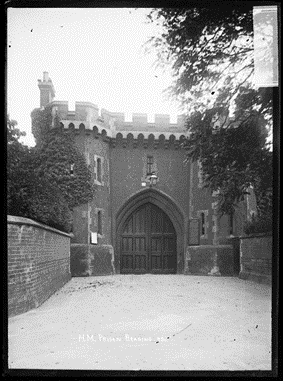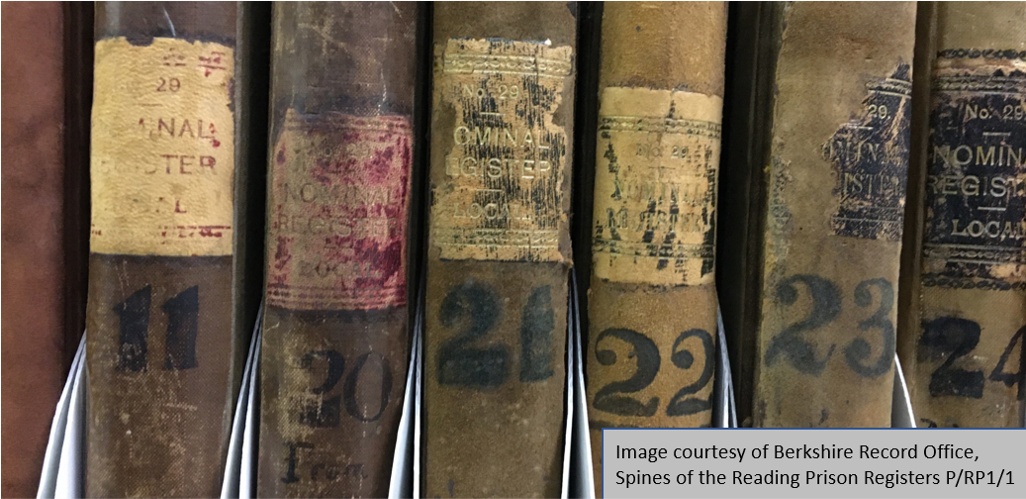Queer Lives in Berkshire Archives: Research Hub
Use the icons above, or the menu bar at the top of the page, to access the different project elements.
Introduction to the Project
The Broken Futures Project is community-based and through our history group, we have trained 15 volunteers in archival and genealogical research to locate historical prosecutions of sex between men in Berkshire’s Crime and Punishment Archives, 1861 to 1967. The project is delivered by Support U, the LGBT+ support and wellbeing charity in the Thames Valley and was funded by the National Lottery Heritage Fund in 2019. The team is made up of Amy and George.
With over 15 volunteers, the History Group has dedicated 167 hours to the recovery of the historical stories that lie within the Crime and Punishment records held at the Berkshire Record Office, and during the COVID pandemic, the digitised collections of the National Archives. Please do check out our two online museum exhibitions, seminar series, toolkit and walking tour to learn more about the connections Berkshire holds for queer heritage.
Please provide us with your feedback.
If you’d be able to provide us with your feedback, it’d be great to hear from you. Please head to the tab at the top of the page to provide us with feedback on the content and material provided throughout the website or click here. If you’d like to provide us with feedback regarding the website layout, please do fill out our survey in the blue tag floating on the right hand side of the page or click here.
Partners





hear from those involved
LGBT+ Research Club - Volunteer
The research club is fascinating – I liked trawling through old records and imagining people’s lives 120 years ago.
A Queer Walk Around Reading - Event Attendee
29th Feb 2020
This research is so important to let people know diversity has always existed in society; this would mean that people, now, would feel more comfortable and safe to ‘come out’, without the fear of rejection.


